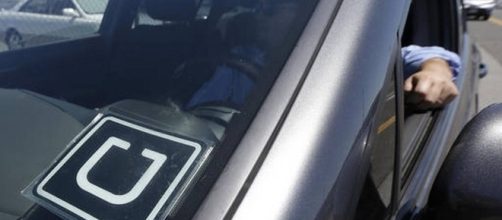Last May, Uber and Lyft, the two largest ride sharing companies, left Austin, they said being forced out due to onerous regulations, the city said to avoid necessary safety measures. About ten months later, according to TechCrunch, a number of local alternatives such as Ride Austin, Fasten, and Fare, all of which comply with the city’s background check regulations, have risen to fill the gap. For the most part, these services provide the same experience their now vacant larger competitors once offered. Unfortunately, unlike Uber and Lyft, the smaller alternatives saw their apps crash when too much demand occurred.
This phenomenon took place on the biggest night of SXSW, an annual tech and entertainment conference that has become well attended in the capital of Texas. People could not load the apps to summon cars. Cars could not connect with riders.
Meanwhile, the Texas Legislature is considering bills that would make ride sharing regulations universal throughout the Lone Star State. The proposed legislation is supported by ridesharing companies such as Uber as well as the Texas Public Policy Foundation. The bills are opposed by city governments such as Austin’s, as well as those from Corpus Christi and Galveston where Uber does not operate because of what it considered onerous regulations.
Ride sharing has revolutionized the way people get from point A to point B in communities where it is permitted.
In Houston, despite clashes between Uber and the city government, ride sharing has become a cheaper alternative to taxis while being more flexible than public transportation. Uber provided an excellent service during the recent Super Bowl when Houston’s transportation system was stressed, especially around NRG Stadium where the game was taking place.
The business friendly state legislature is likely to pass a universal state-wide law that regulates ride sharing, overriding local ordinances. The passage of such a bill would certainly expand ride sharing options across the state, allowing trips, for example, between Houston and Galveston. If the regulations are as easy to comply with as its proponents promise, Uber and Lyft will have competition, keeping fares low and providing opportunities for both riders and drivers.

